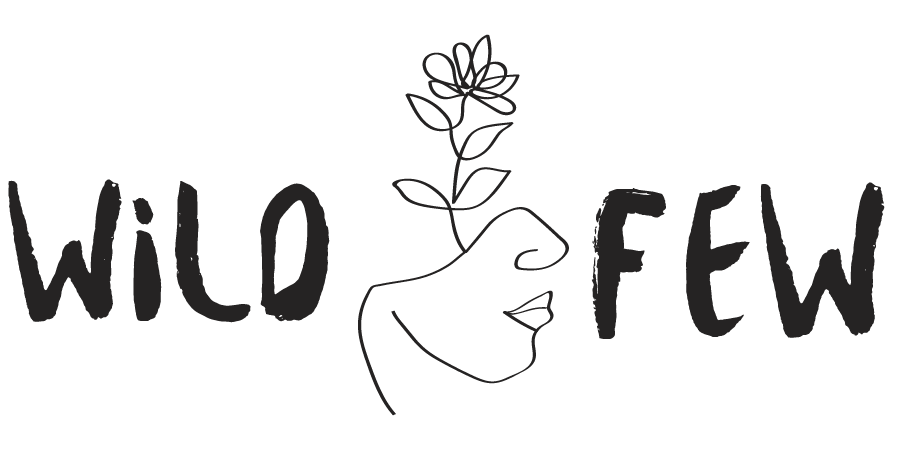Herbal Tea as a Love Language
Every grocery store worldwide has a dedicated section for teas, playing a crucial role in numerous cultures. For people like me, tea is a love language—an offering to guests at my home, a comforting gesture for friends enduring a long day, and a personal indulgence for life's challenges. With the right herbal tea recipe, healing takes on various forms. While many are familiar with herbal teas for sleep or anxiety, there are blends designed for mental clarity, mood enhancement, increased libido, stamina, and even those aiding in grief. With the right ingredients, there's a tea for everyone and every occasion.

Making Herbal Tea at Home
Creating your own herbal tea at home can be as simple as plucking some mint from your garden and pouring hot water over it. Many herbs are easy to grow in gardens, on porches, and balconies. For those without access to herbs, local herb growers are here to help. Find a nearby herb garden or farm—they often have a selection of dried herbs and can provide valuable advice.
Choosing High-Quality Herbs
Whether using dried or fresh herbs, opt for certified organic and local options. Start with a small amount and experiment with ratios for balanced flavors. This is not an exact science—have fun with tea tasting! As you find the perfect blend, make larger quantities and store them in airtight jars in a cupboard or dark place to maintain herb quality.
Brewing Herbal Tea
To brew your tea, bring water to a boil. Place one teaspoon to one tablespoon of dried herbs in your teapot or mason jar. Pour boiling water over the herbs, cover the jar, and let it steep for 15 minutes. Strain and enjoy your creation!
The general rule of thumb is 1 tsp of dried herb/8 oz of water or a handful of fresh herb/8 oz of water.
5 Herbal Tea Recipes
In herbal tea blending, explore a spectrum of teas, from general formulas to more specific blends for acute conditions. Always consult your healthcare provider before making changes to your treatment plan.
Herbal Tea for Anxiety
Feel free to use any combination of these herbs in your tea. Skullcap and catnip have slightly sedating qualities and may be better used before bed. Chamomile and lemon balm offer lovely slightly sweet tastes and are excellent additions to any blend. Milky oats act as a hug to frayed, overly stressed nerves and are a great addition for both body and gentle nervous system healing.

Herbal Tea for Common Cold
Enhance the benefits of your hot water with lemon and honey during illness with these herbs. Anise Hyssop soothes a sore throat, Bee Balm breaks up congestion, and Ginger root, combined with Black Pepper, creates a warming brew.
Herbal Tea for Menstrual Support
For those in their cycling years, herbs can be allies during inner winters. Red Clover aids symptoms from dropping estrogen levels, Red Raspberry supports the uterus, Yarrow helps with cramping, Nettle replenishes by aiding iron absorption, and Lemon Balm enhances mood.

Herbal Tea for Grief Support
In challenging times, a good cup of tea can work wonders. Lemon Balm, the elixir of life, is one of the happiest herbs. Rose and Hawthorn guard and soften emotions, and Catnip feels like a big fuzzy blanket in an old rocking chair.
- Lemon Balm
- Rose Petals
- Hawthorn berries
- Catnip
Non-caffeinated Herbal Tea for Energy
These two herbs are a match made in heaven. With lemon balm’s uplifting energy and tulsi’s grounding and centering vibe you will be prepared to take on the day with energy and stamina without the coffee jitters!
Feel Empowered by the Process
Blending your teas at home with hand-chosen ingredients is empowering! Observe each herb's individuality, experiment with mix-and-match, and enjoy the creative process—it's more satisfying than grabbing a box from the shelf.







